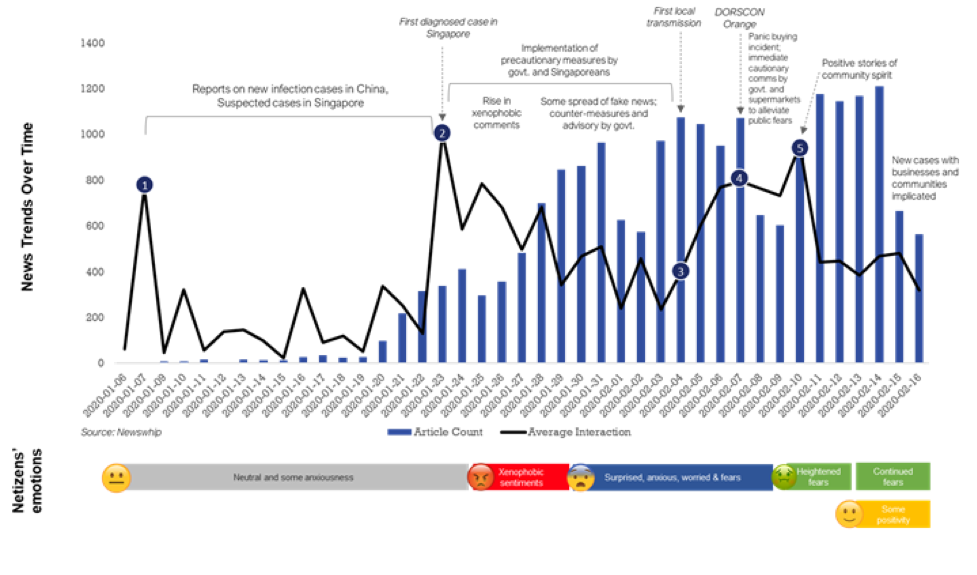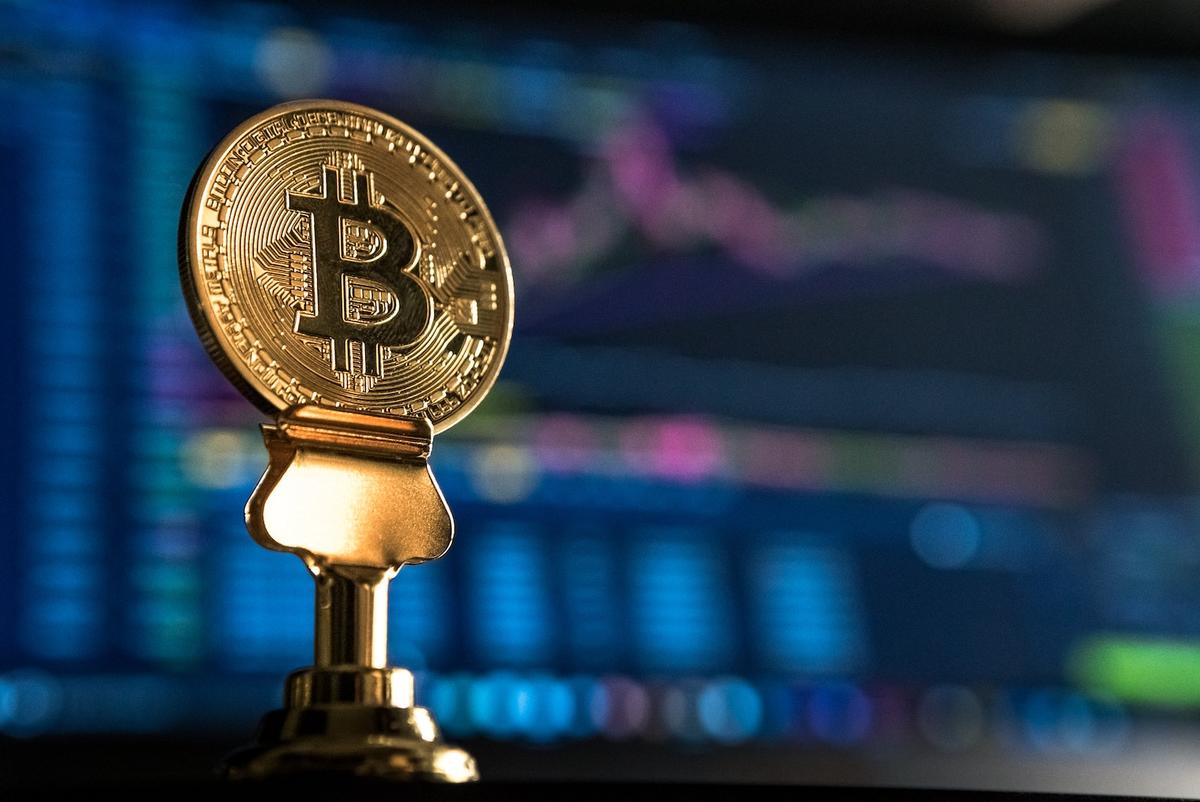The impact of Covid-19 on businesses globally has been massive, with Wall Street stocks plummeting and investors growing increasingly concerned about a worldwide economic slowdown.
Speed and accuracy are of the essence in any crisis situation. To protect your organization’s reputation, you need to demonstrate agility in adapting and deploying accurate communications to all of your stakeholders at a moment’s notice.
To start, this can be achieved by staying up to date on the latest developments surrounding this issue. Keeping a close watch on the discourse surrounding this rapidly evolving outbreak ensures that you know when to react or reach out to your key stakeholders.
For many organizations, this presents a major pain point as they find themselves overwhelmed by the multitude of available information sources. To make matters worse, some information, such as social media, news stories, forums or offline public sentiment, is only available and resides in silos.
Harvesting and unlocking conversations occurring across multiple platforms both online and offline ensures a more holistic view of conversations around this issue. Data can be aggregated from social media, search engines, forums, news sources and even public sentiment polls. This empowers decision-makers and helps them make clear and informed decisions during crises.
Survey the landscape, protect your reputation
Having this holistic view of conversations across channels and platforms is just one part of the equation. How you apply these insights to your communications strategy is critical.
We have mapped it against a timeline of events in Singapore during the recent Covid-19 outbreak, to give you a clearer view of how this can be achieved:

Source: Newswhip, Crimson Hexagon, Factiva, Google Trends and Social media data scrapping | Period of analysis: 6 Jan 2020 – 16 Feb 2020
Be ready to deploy your Business Continuity Plan (BCP) and communicate across multiple platforms swiftly.
Before the media and members of the public learned about the infection at a local bank in Singapore, its management had already notified employees about the confirmed case. This was followed by an official media statement and a LinkedIn post about the bank’s continued commitment to ensuring the well-being of their employees.
While the bank won praises from the public for handling the situation swiftly, a WhatsApp message began circulating among the wider public about the bank employee in question. This example reveals how critical stakeholder mapping and scenario planning are to managing public sentiment. And it also shows how important it is to find the simplest and most direct means to communicate with your key stakeholders who will experience the immediate impact of such unforeseen situations. Make sure you give priority to those you need to maintain and build trust with. Also rally your key executives to front communications internally and externally.
Demonstrate your values by helping your employees through the crisis.
A mix of emotions came to the fore during the early stages of the Covid-19, especially when the first cases emerged in Singapore, fueling xenophobic sentiments and misinformation expressed by a group of loud minorities. Today, your employees are bombarded with daily feeds of negativity, misinformation and hearsay. Their information-discerning abilities are clouded by this information overload. As employers, you play a vital role in helping them understand the situation and feel confident that the authorities and their employers are prepared to handle the various circumstances.
Use this opportunity to build trust and affinity with your stakeholders.
In a climate of fear, brands are expected to step up. In our In Brands We Trust? special report released in June last year, we found that consumers today expect brands to take on a larger role in society; 53 percent believe brands have the responsibility to get involved in societal issues. Grab, for instance, made news for supporting healthcare workers. UOB released its biggest relief packages for SMEs. As the outbreak continues to worsen, anxiety towards Singapore’s economic conditions will set in. How are these economic uncertainties being accounted for in your BCP?
Trust is at the core of all brands
The 2019 Edelman Trust Barometer also found that 71 percent wanted their employers and CEOs to respond during challenging times. These findings reflect the idea that trust is today’s social currency. It also shows that crisis is a key moment for building trust with your stakeholders.
As the Covid-19 situation continues to evolve, you should consider if you are doing enough to gain the trust of your employees and consumers.
Taking a proactive attitude towards monitoring and reviewing your communications strategies will ensure your company not only secures its reputation but also enhances it in the minds of key decision-makers, employees and valued clients.
Malini Nathan is Client Director, Reputation, Edelman Singapore.
Edelman is supporting businesses and organizations looking to better understand the Covid-19 pandemic and its public health implications; manage communications with employees and customers; and receive guidance on strategies and policies for effective preparedness and response efforts.
Please complete the below form to speak to Edelman's Covid-19 advisory team:




